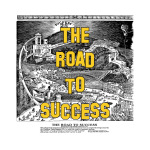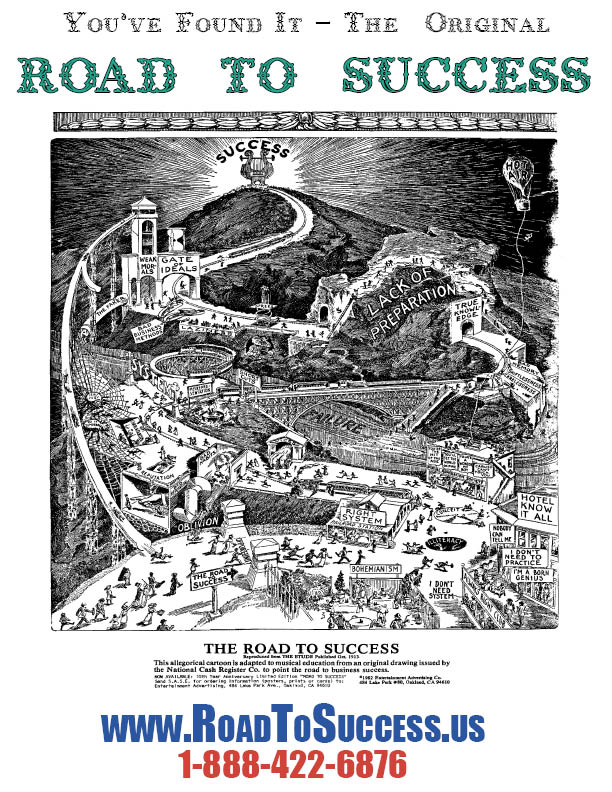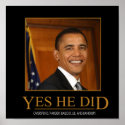It is hard to believe that 50 years have elapsed since the famous “I have a #dream speech” of
Dr. Martin Luther King Jr. on the Mall in Washington. I was an 11-year-old child in Detroit languishing in the midst of poverty, but very interested in the strides that were being made in the civil rights movement.
I was the only black kid in my seventh-grade class and over the previous two years had risen from the bottom of the class to the top. My mother had forced us to read, which had a profound positive effect on both my brother
Curtis and myself. I was quite optimistic that things were getting better for black people in America.
If
King could be resurrected and see what was going on in America today, I suspect he would be extraordinarily pleased by many of the things he observed and disappointed by others. He, like almost everyone else, would be thrilled to know that there was a two-term black president of the United States of America and a black attorney general, as well as many other high government officials, business executives and university presidents.
Perhaps just as thrilling would be the sight of black doctors, lawyers, airline pilots, construction foremen, news anchors, school superintendents and almost any other position imaginable in America. The fact that seeing blacks in such positions no longer raises eyebrows is a testimony to the tremendous progress that has been made in America over the last 50 years.
There are some areas, however, where I suspect he might be less than thrilled. The epidemic of black-on-black violent crime indicates that there has been a significant deterioration of values in the black community. Not only are the lives of their fellow blacks and others being devalued by street thugs, but the lives of unborn babies are being destroyed in disproportionate numbers in the black community.
There was a time when blacks were justifiably angry that the larger community discounted their value, but now, ironically, many members of the black community themselves place little or no value on these precious lives that are snuffed out without thought. I think
King would be waging a crusade against the marginalization of black lives in America.
Another area of great concern would be the fact that 73 percent of black babies are born out of wedlock. When this occurs, in most cases the educational pursuits of the mothers are terminated and the babies are condemned to a life of poverty and deprivation, which makes them more likely to end up in the penal system or the welfare system. This is a burden not only for the black community but for the nation at large.
Although I believe
King would be very concerned for all parties in these tragedies, his energies would be primarily channeled into an attempt to give these young women the kind of self-esteem that would preclude their yielding to the charms of individuals who really don’t care about them and are only interested in their selfish pleasures.
King was a huge advocate of education and would be horrified by the high dropout rates in many inner-city high schools. He, like many others, was vilified, beaten and jailed for trying to open the doors of education to everyone, regardless of their race.
If he were alive today, he would have to witness people turning their backs on those open doors and choosing to pursue lives of crime or dependency. I do not believe he would simply complain about these things, however.
Rather, he would be raising funds to create programs that would show these young people that they do have real choices that can greatly enhance the quality of their lives.
Perhaps the biggest disappointment for
King would be the wholesale adoption of a victim mentality that makes people feel that they are entitled to being cared for by others rather than working tirelessly to create wealth and opportunities for their progeny.
The amount of wealth that resides within the black community today is staggering. If the black community, like Jewish, Korean and other cultures in America, learned how to turn over dollars within their own community at least a couple of times before sending them out into the larger society, they would create wealth.
I believe
King would advocate such economic policies and would encourage those who benefit from the wealth to reach back and pull others up by providing jobs and opportunities. I think he would stress the fact that this kind of philosophy will foster freedom and independence for the black community, regardless of whether anybody else helps or not.
Finally, we should all remember the aspect of his dream in which he desired that people should be judged by their character and not by the color of their skin. In part, this means no one should assume that a black person would adhere to certain political orthodoxy any more so than a white person would.
 FACEBOOK
FACEBOOK
























